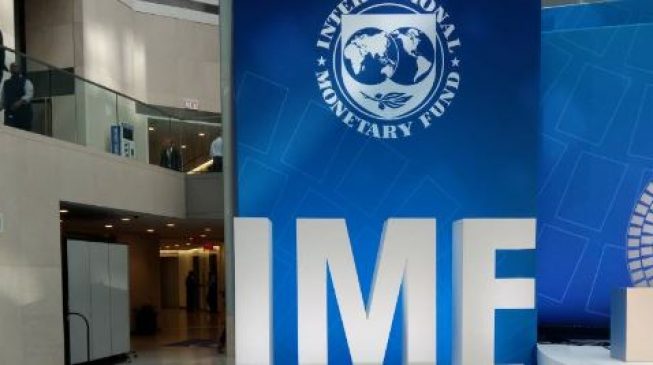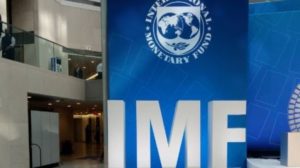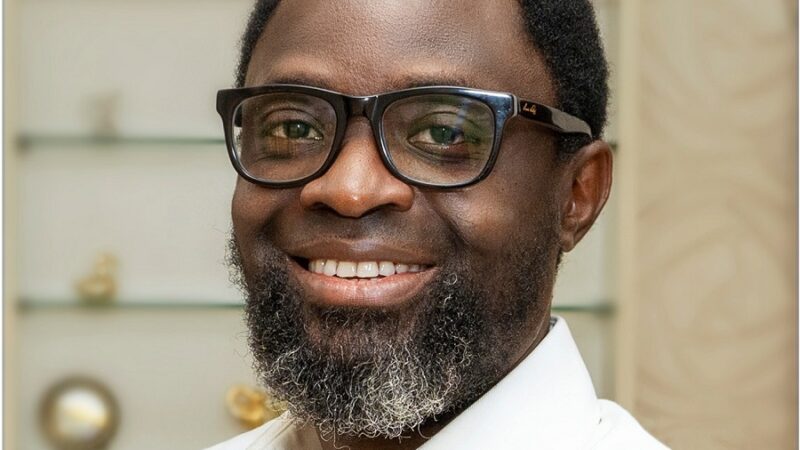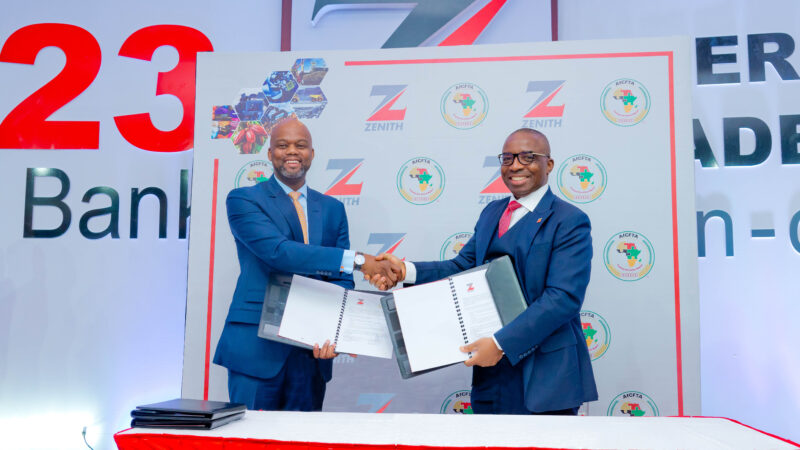Nigeria’s Fiscal Crisis Due To Low Revenue Says IMF

*** President Buhari Faults ECOWAS Single Currency

The International Monetary Fund has said Nigeria’s major fiscal challenge is its “very low revenue” and not so much of its debt profile. The low revenue, it explained, had led to low debt-servicing capacity and limited funding for critical sectors such as health,education, and social welfare programes.
The IMF said it considered Nigeria’s public debt stock average at 29 per cent of its Gross Domestic Product as of the end of 2019, when compared to emerging and developing market average, which is about 53 per cent of GDP. It noted that the 29 per cent includes not just government’s debt, but takes into account overall public sector liabilities, such as Central Bank of Nigeria’s overdraft, Asset Management Corporation of Nigeria’s debt and other things. IMF’s Mission Chief and Senior Resident Representative for Nigeria, Jesmin Rahman, said these on Tuesday at a webinar hosted by the Nigerian Economic Summit Group, Fiscal Policy Roundtable and Tax Investment and Competitiveness Policy Commission. She said, “The first vulnerability comes from having very low level of fiscal revenues. Total revenue at seven per cent of GDP is less than half of sub-Saharan Africa’s average and far lower than the average in oil exporting countries.
Meanwhile,President, Muhammadu Buhari , on Tuesday raised concerns over the planned single currency for the Economic Community of West African States.
He said the plan for the single currency, Eco, could be in serious jeopardy, unless member states complied with agreed processes of reaching the collective goal.
The Eco is the proposed name for the common currency that the West African Monetary Zone plans to introduce in the framework of ECOWAS. According to a statement by his Special Adviser on Media and Publicity, Femi Adesina, the President delivered Nigeria’s position at a virtual extraordinary meeting of the Authority of Heads of State and Government of the West African Monetary Zone. Buhari expressed concern over the decision of francophone countries that form the West African Economic and Monetary Union to replace the CFA Franc with Eco ahead of the rest of member states.
He said, “It gives me an uneasy feeling that the UEMOA Zone now wishes to take up the Eco in replacement for its CFA Franc ahead of the rest of the member states.
“This is in addition to deviating from the Community Act on a consistent attainment of convergence in the three years running up to the introduction of the currency and our subsequent reinforcing directives.”







